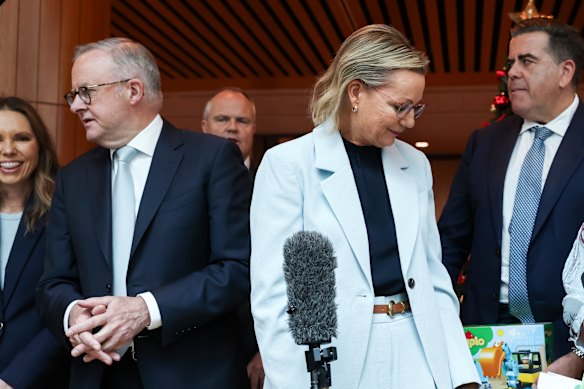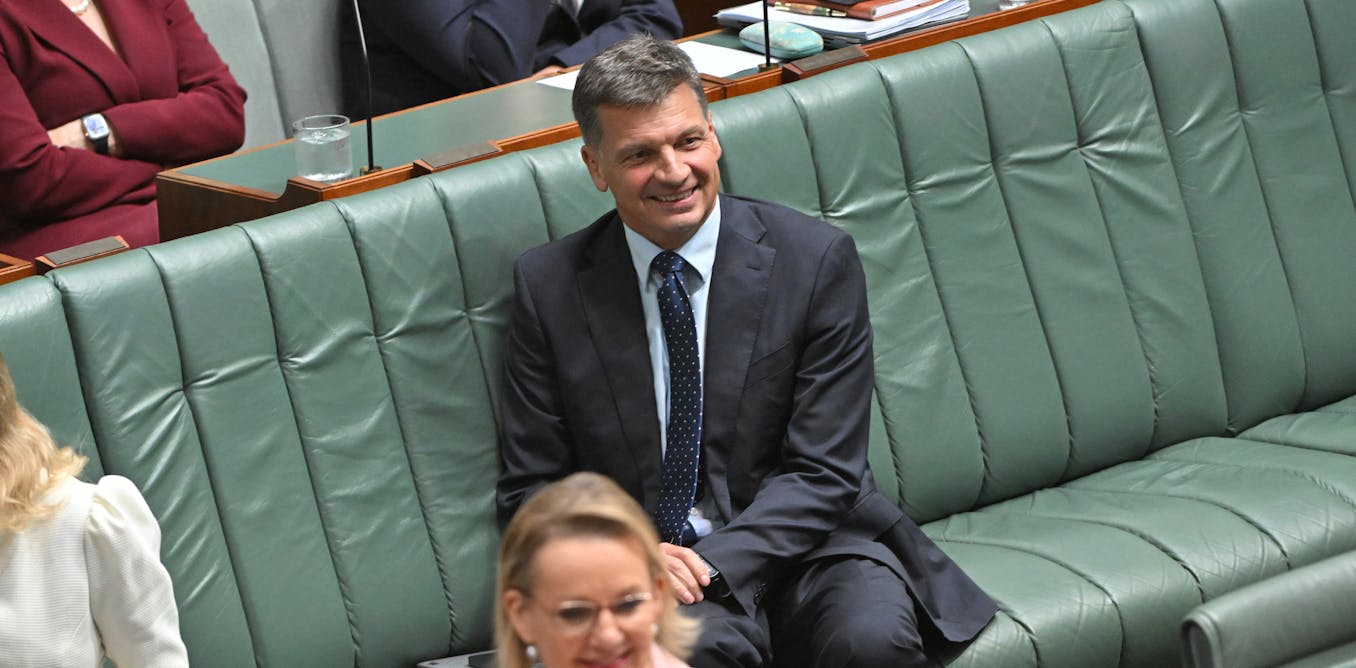
Voter sentiment is shifting as concerns about the rising cost of living begin to impact the Australian political landscape. According to the latest data from the Resolve Political Monitor, the Coalition has experienced a slight uptick in support, while the Australian Labor Party faces increased scrutiny over its economic management.
The poll, conducted last week, reveals that Labor’s primary vote has dipped to 33 percent, down from a post-election high of 37 percent in August. This figure is also below the 34.6 percent recorded during the May elections. In contrast, the Coalition’s primary vote has risen to 29 percent, marking the second consecutive month of growth after hitting a record low of 27 percent in September.
Opposition Leader Sussan Ley has gained three points as the preferred prime minister, though she still trails Anthony Albanese by a significant 14 points. The ongoing infighting within the Coalition has not significantly affected its polling numbers, indicating that voters may be more focused on economic issues than party politics.
Concerns about the cost of living are at the forefront of voters’ minds. A remarkable 91 percent of respondents identified “keeping the cost of living low” as a priority issue. This is closely followed by health and aged care, which 86 percent of voters flagged as important. These figures echo the 92 percent who prioritized cost of living concerns leading into the elections earlier this year.
The poll results come as many Australians express their intentions to cut back on holiday spending. A staggering two out of three respondents indicated they would reduce their Christmas budgets this year, reflecting growing financial pressures. Additionally, three out of five voters reported they could not afford any unexpected major expenses.
These sentiments align with comments from the Reserve Bank, which recently noted that mortgage holders might have to wait up to a year for any potential interest rate cuts. The bank has also warned of a possible spike in inflation, further compounding public anxiety about economic stability.
The political climate is shifting. As the Coalition begins to recover from its low polling numbers, Labor must address these pressing economic concerns to maintain its support. With voters increasingly focused on financial issues, the upcoming months will be crucial for both parties as they navigate this challenging landscape.
As Anthony Albanese and his government face rising scrutiny, the need for effective economic policies that resonate with voters has never been more critical. The political dynamics in Australia are evolving, and both Labor and the Coalition will need to adapt to meet the changing priorities of the electorate.







